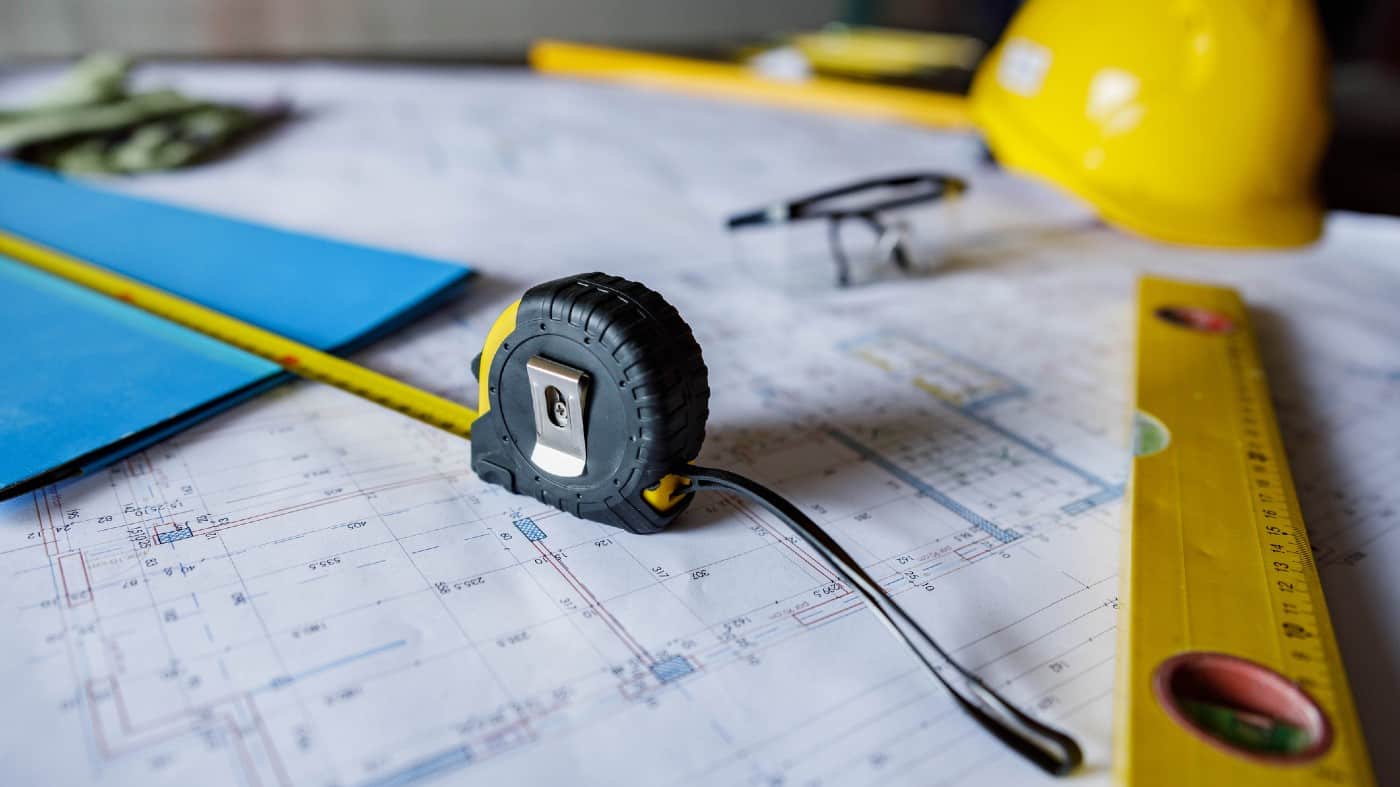Ashtead Group (LSE: AHT) is not one of the more familiar names in the FTSE 100 to most regular investors.
Part of the reason for this, it seems to me, is that it is not in a very sexy business. The company is not in fashion, or pharmaceuticals, or high finance – it just rents out equipment to various businesses. It is the world’s largest such firm, but even so, any way you cut it, sexy does not come into the equation.
Another reason I think why it is overlooked is that the stock does not pay much in the way of dividends. In 2022, it paid out 1.5%, and the year before that just 1%.
What Ashtead Group does, though, is generate huge growth in its business, as reflected in the share price performance. Over the past five years, those shares have risen in value by nearly 140%. Over the same time frame, the FTSE 100 has fallen 1.5%. Now that is sexy.
Further sexiness ahead?
The cornerstone of its growth recently has been a number of mega-projects in the US construction sector.
Currently, 30% of total US non-residential construction projects starts are valued at over $400m, compared to just 13% in 2000-09.
Around 200 projects with a value of over $400m are ongoing, with an average value of $1.2bn. Additionally, approximately 300 with a value of over $400m are due to start in late 2022 or 2023, with an average value of $1.9bn.
Such sizeable projects require a rental supplier with scale, experience, expertise, breadth of product and financial capacity. And Ashtead Group has all those things.
In the last financial year to April 2023, it invested $3.8bn across existing locations and new greenfield sites. It also spent $1.1bn on 50 acquisitions, adding 165 new locations in North America.
In the latest results released on 13 June, 12-month revenue to April was up 24% to $9.7bn. Rental-only revenue was up 22% to $8.7bn, ahead of its growth forecast and driven by strong US demand.
The future looks bullish
In the results announcement, CEO Brendan Horgan again highlighted a supportive legislative backdrop for the business.
Specifically, the US’s $430bn Inflation Reduction Act and $52bn CHIPS Act strengthen an already robust construction market, flush with megaprojects.
Environmental considerations also offer enormous opportunities for growth, according to Ashtead — a notable example being US car manufacturing.
The sector essentially must start from scratch to build new manufacturing capacity for electric vehicles and batteries. This will require the right sort of tried-and-tested firm, and Ashtead is the world leader in its field.
There are risks in its operational space, of course. The cyclical nature of the construction market means it typically lags the general economic cycle by 12-24 months. In North America and the UK there remain fears over the trajectory of inflation and interest rates.
However, I believe the shares can recoup all losses from their high this year. I also think the company can extend these gains as its business continues to grow. Consequently, I am looking to buy the stock in the short term on dips in the share price.








